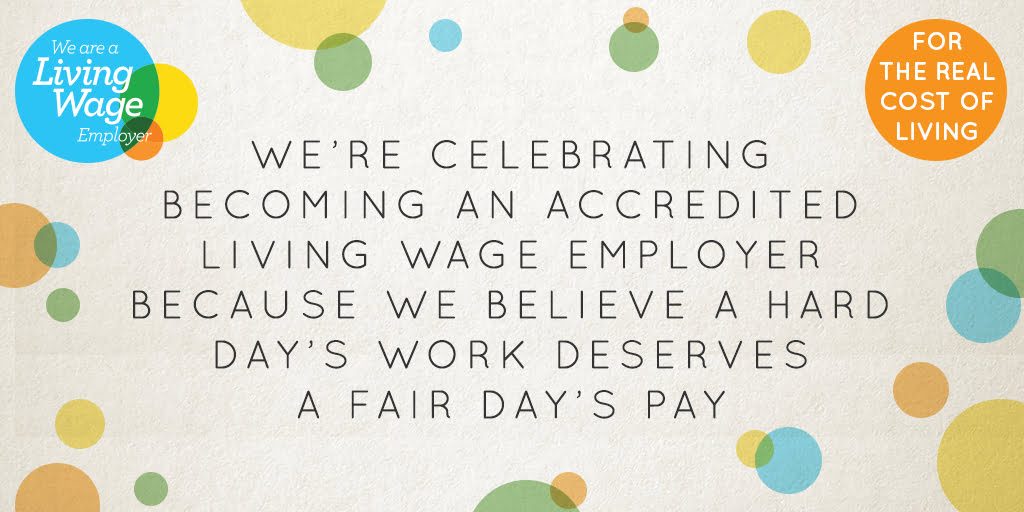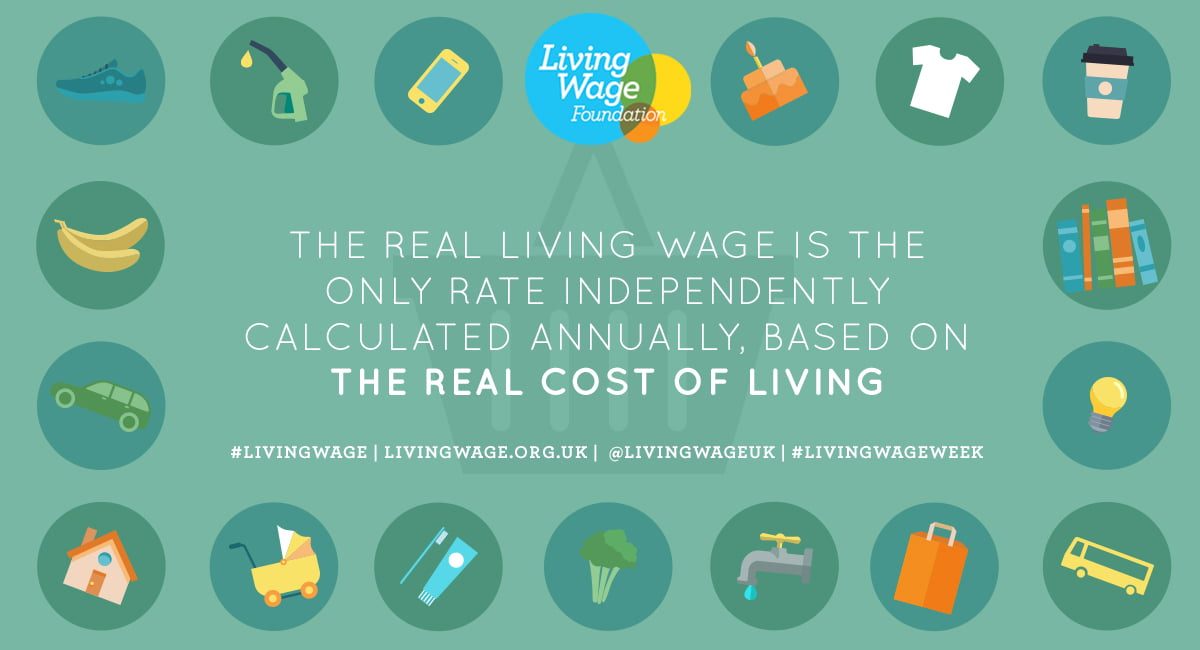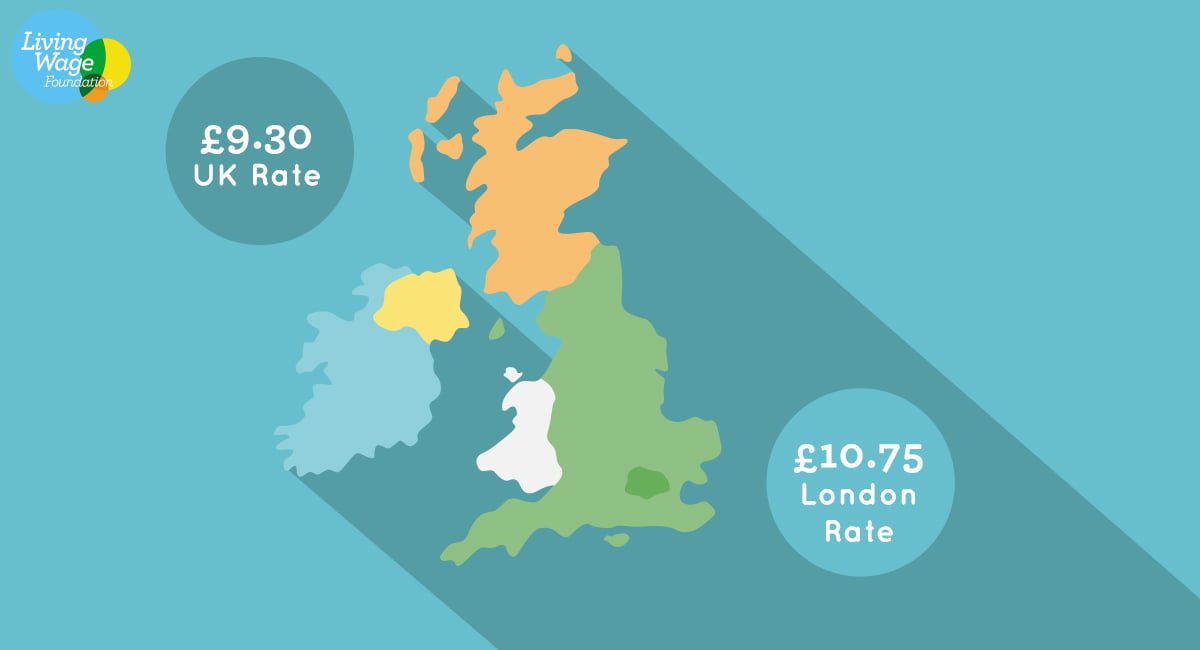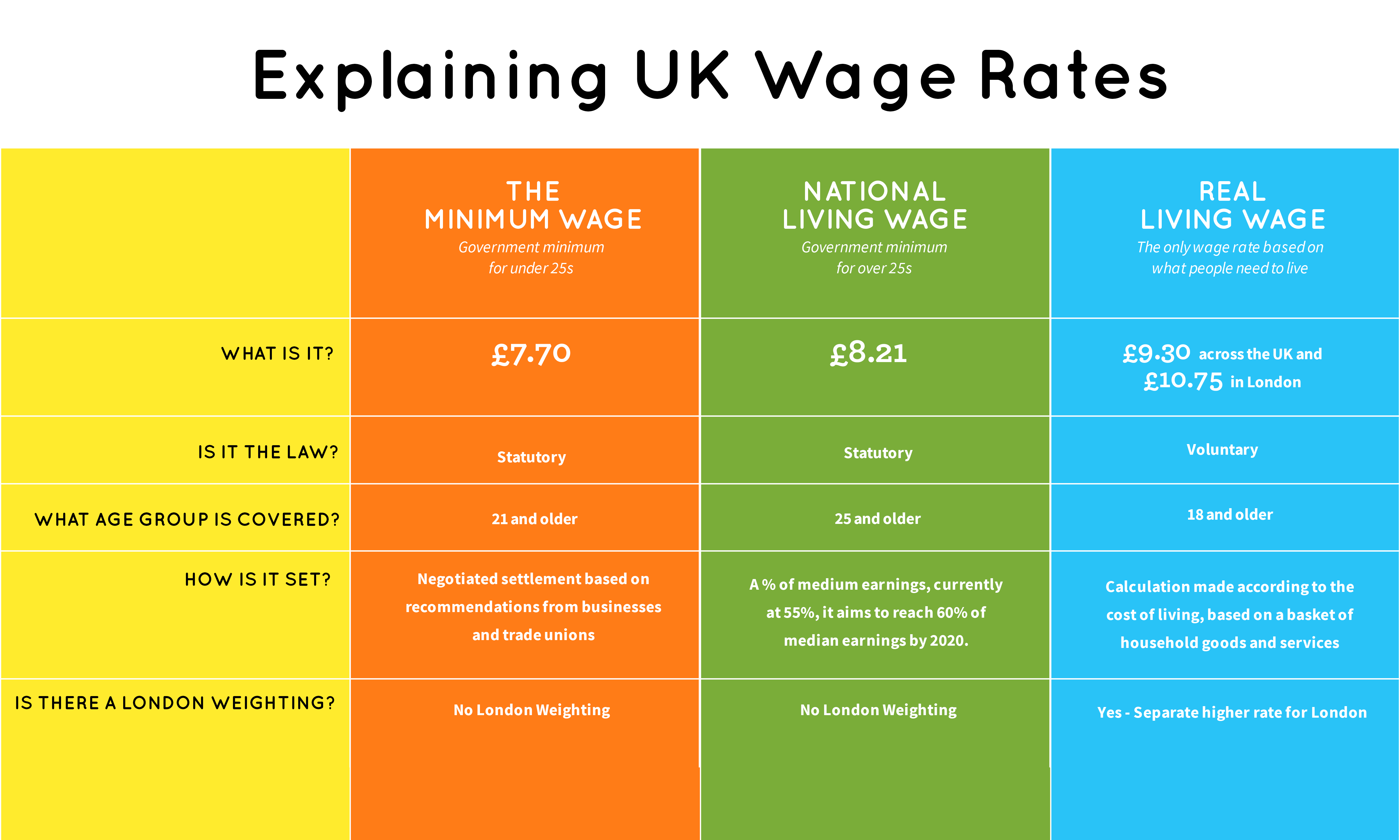Weymouth Town Council celebrates commitment to Real Living Wage

Weymouth Town Council has been accredited as a Real Living Wage Employer. Our Living Wage commitment will see everyone working at the Council receive a minimum hourly wage of £9.30 in the UK, a rate significantly higher than the government minimum for over 25s which currently stands at £8.72 per hour.
In the South West region, over a fifth of all jobs (20%) pay less than the real Living Wage. In the Weymouth area, this rises to around a quarter (25%) of all jobs. Despite this, the Town Council has committed to pay the real Living Wage and deliver a fair day’s pay for a hard day’s work

The real Living Wage is the only rate calculated according to the costs of living. It provides a voluntary benchmark for employers that wish to ensure their staff earn a wage they can live on, not just the government minimum.
Since 2011, the Living Wage movement has delivered a pay rise to over 230,000 people and put over £1 billion extra into the pockets of low paid workers.
Cllr Luke Wakeling, Chair of the Human Resources Committee, said:
“Weymouth Town Council wants to be a Council that people are proud to work for and a Council that is proud of its employment conditions.”
“We live in an area where work can be hard to find and can be seasonal and such work is usually lower paid. Locally some communities live with significant deprivation in terms of pay, education, health, and housing.”
“As a Council we are committed to addressing this deprivation and improving the lives of our residents. Offering a fair day’s pay and leading by example is just one way we can do this and the first of many benefits we hope to bring to the communities we serve.”
Katherine Chapman, Director, Living Wage Foundation said:
“We’re delighted that Weymouth Town Council has joined the movement of over 6000 responsible employers across the UK who voluntarily commit to go further than the government minimum to make sure all their staff earn enough to live on.
“They join thousands of small businesses, as well as household names such as Burberry, Barclays, Chelsea and Everton Football Clubs, Lush, and many more. These businesses recognise that paying the real Living Wage is the mark of a responsible employer and they, like Weymouth Town Council, believe that a hard day’s work deserves a fair day’s pay.”
About the Living Wage
The real Living Wage is the only rate calculated according to what people need to make ends meet. It provides a voluntary benchmark for employers that choose to take a stand by ensuring their staff earn a wage that meets the costs and pressures they face in their everyday lives.

The UK Living Wage is currently £9.30 per hour. There is a separate London Living Wage rate of £10.75 per hour to reflect the higher costs of transport, childcare and housing in the capital. These figures are calculated annually by the Resolution Foundation and overseen by the Living Wage Commission, based on the best available evidence on living standards in London and the UK.
The Living Wage Foundation is the organisation at the heart of the movement of businesses, organisations and individuals who campaign for the simple idea that a hard day’s work deserves a fair day’s pay. The Living Wage Foundation receives guidance and advice from the Living Wage Advisory Council. The Foundation is supported by our principal partners: Aviva; IKEA; Joseph Rowntree Foundation; KPMG; Linklaters; Nationwide; Nestle; Resolution Foundation; Oxfam; Trust for London; People’s Health Trust; and Queen Mary University of London.
What about the Government’s national living wage?

In July 2015, the Chancellor of the Exchequer announced that the UK Government would introduce a compulsory ‘national living wage’. This new government rate is a new minimum wage rate for staff over 25 years old. It was introduced in April 2016 and the rate is £8.21 per hour as of April 2019. The rate is different to the Living Wage rates calculated by the Living Wage Foundation. The government rate is based on median earnings while the Living Wage Foundation rates are calculated according to the cost of living in London and the UK.
































